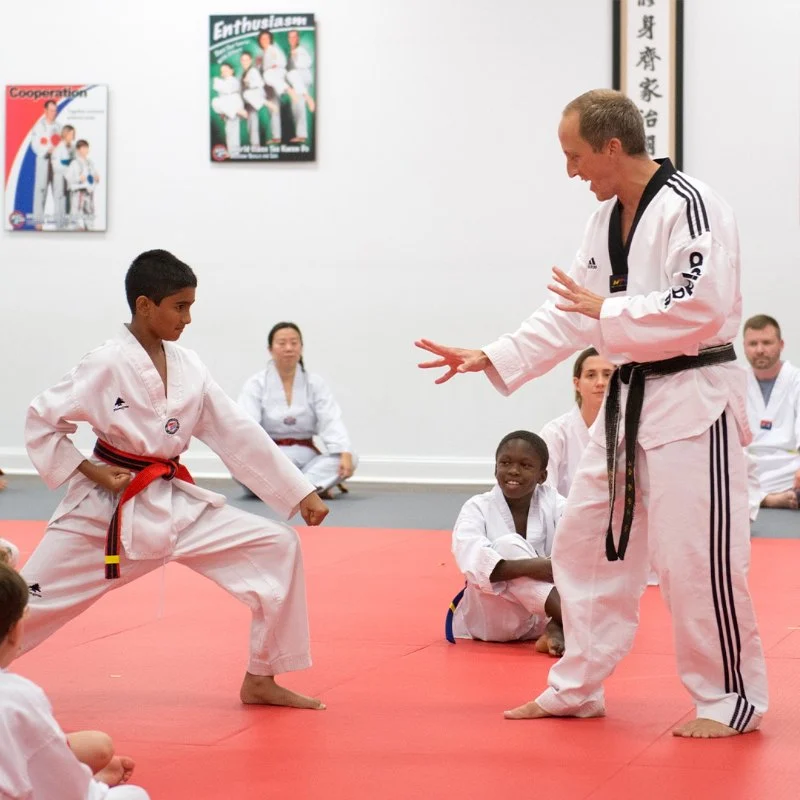 Tae Kwon Do and the Art of Teaching: Educating the Next Generation of Martial ArtistsTae Kwon Do teaching, educating martial artists, Tae Kwon Do pedagogy, teaching techniques, martial arts instruction, Tae Kwon Do for kids, martial arts education, next generation martial artistsLearn the art of teaching Tae Kwon Do and how to educate the next generation of martial artists. This guide offers teaching tips, techniques, and the philosophy of martial arts instruction.
Tae Kwon Do and the Art of Teaching: Educating the Next Generation of Martial ArtistsTae Kwon Do teaching, educating martial artists, Tae Kwon Do pedagogy, teaching techniques, martial arts instruction, Tae Kwon Do for kids, martial arts education, next generation martial artistsLearn the art of teaching Tae Kwon Do and how to educate the next generation of martial artists. This guide offers teaching tips, techniques, and the philosophy of martial arts instruction.- Why Tae Kwon Do Teaching Matters
- Building Strong Foundations Through Tae Kwon Do
- The Philosophy of Teaching Martial Arts
- Teaching Strategies for Effective Instruction
- Preparing the Next Generation of Martial Artists

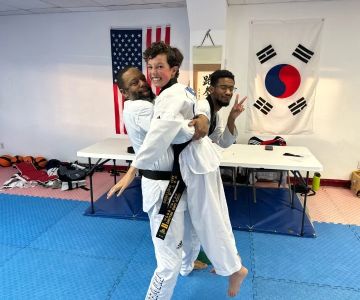
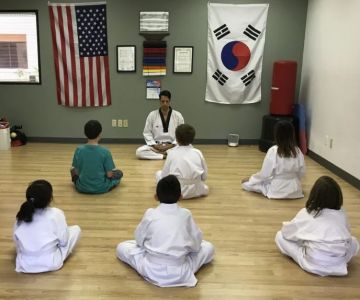
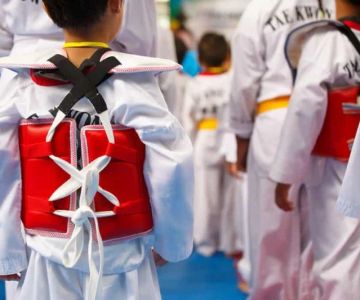
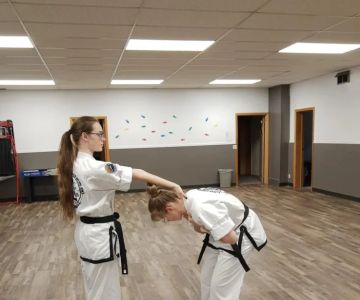
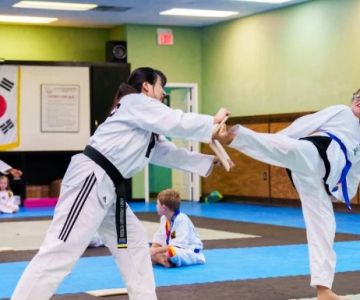
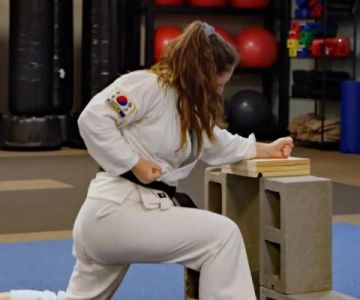
 Tracy's Karate5.0 (5 reviews)
Tracy's Karate5.0 (5 reviews) Master Park's Martial Arts & Academy0.0 (0 reviews)
Master Park's Martial Arts & Academy0.0 (0 reviews) HwaRang Taekwondo5.0 (1 reviews)
HwaRang Taekwondo5.0 (1 reviews)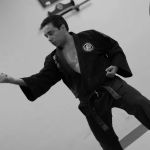 International Martial Arts Academy - South4.0 (11 reviews)
International Martial Arts Academy - South4.0 (11 reviews) United Studios of Self Defense - Livermore5.0 (26 reviews)
United Studios of Self Defense - Livermore5.0 (26 reviews) Ving Tsun (Wing Chun) Kung Fu Idaho5.0 (5 reviews)
Ving Tsun (Wing Chun) Kung Fu Idaho5.0 (5 reviews)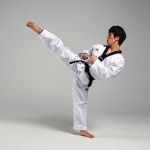 How to Execute a Jumping Roundhouse Kick to the Head
How to Execute a Jumping Roundhouse Kick to the Head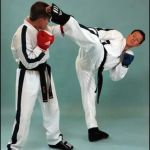 How to Execute a Double Kick Combination in Sparring
How to Execute a Double Kick Combination in Sparring How to Perform a Flawless Axe Kick: A Step-by-Step Guide
How to Perform a Flawless Axe Kick: A Step-by-Step Guide DIY Tae Kwon Do Training Equipment for Home Practice
DIY Tae Kwon Do Training Equipment for Home Practice How to Increase Your Vertical Jump for Tae Kwon Do Flying Kicks
How to Increase Your Vertical Jump for Tae Kwon Do Flying Kicks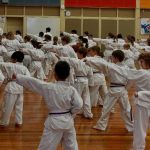 The History of the Tae Kwon Do Peace Corps
The History of the Tae Kwon Do Peace Corps